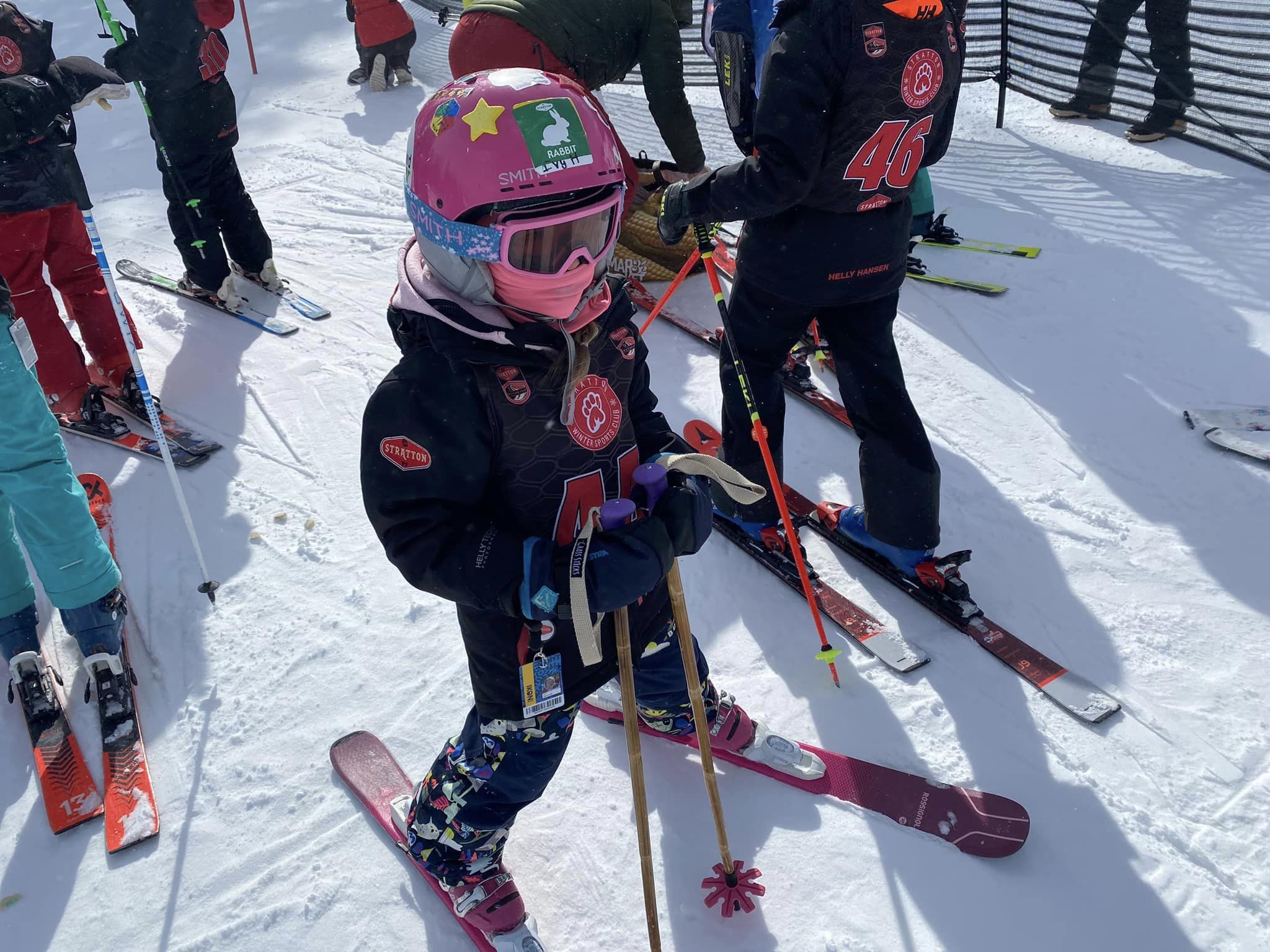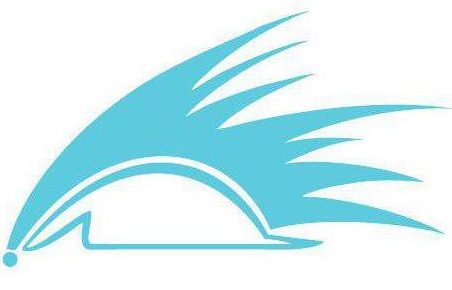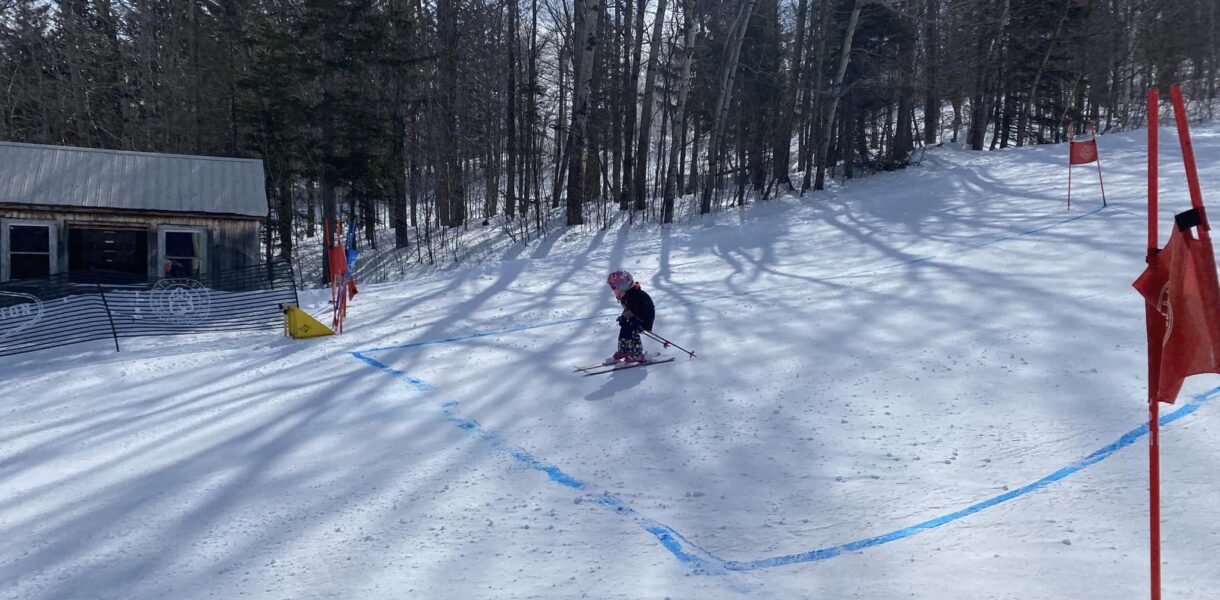I recently posted video of Ivy skiing which garnered comments such as “she’s a natural.” Upon seeing those comments my gut response was to write back “but she also works really hard.” I paused before responding as I thought about how the dynamic between talent and hard work plays out in the world of swimming, biking, and running.

Before we get too deep into this, let’s first define “talent” and “hard work.” Talent includes inherent genetic abilities and physical attributes — height, body type, leg length, wing span, aerobic and anaerobic capacity, maximum speed and strength, ability to adapt to training and recover, and ability to master skills. Hard work includes consistency, frequency, intensity, and duration of training coupled with making the life choices necessary to maximize recovery and adaption. Somewhere between the two lie other factors that may or may not be within our control such as exposure to sport at a young age, athletic history and experience, quality of coaching, financial resources, time to dedicate to sport and supporting modalities, impacts from the built environment, and injuries.
In sport there is a tendency for athletes who objectively perform well to attribute their exemplary performances to hard work and athletes who don’t perform as objectively well may attribute exemplary performances they see in others to talent. They can both be right. An athlete who, for example, qualifies for the Boston Marathon very likely has a decent amount of talent AND worked very hard to achieve the goal. By the same measure a different athlete can work just as hard and not be able to break 5 hours when running a marathon. What we often forget as coaches and athletes is that while “hard work pays off,” what the pay off looks like will be different for each athlete depending on their level of talent. Put simply, talent is a multiplier. Athletes can train hard and do all the right things to support their training, however, their level of talent will serve to magnify in varying degrees how well they objectively perform.
Taking Ivy as an example, she works hard, skiing over 50 days this year. That hard work is multiplied by a fair amount of natural talent when it comes to skiing. Her natural stance is excellent for racing, she has good leg strength and balance, and she’s fearless when it comes to speed. She also has other advantages such as two parents who ski and are willing to spend every weekend at the mountain, living in Northern New England so she gets a longer ski season than most, access to lots of lessons and coaching including an excellent developmental program, and financial resources to support her.

What does all of this mean for an adult athletes, especially ones getting into sport for the very first time?
- Let’s be super clear — SPORT IS FOR EVERYONE! It doesn’t matter if you’re first or last across the finish line; all abilities, paces, and experience levels are welcome.
- When you start training consistently, you will improve (hard work pays off).
- What differs from person to person is how quickly and to what degree you see objective improvement (this is the talent multiplier).
- You can’t compare your progress or your outcomes to the progress and outcomes of others even if you do the exact same training.
- Good coaching (one of those other factors that doesn’t fall into either the talent or hard work bucket) can help you maximize your talent.
So the next time you see someone putting in an amazing performance or struggling at the back of the race know that the results you see don’t necessarily define to work that person put into the race.




